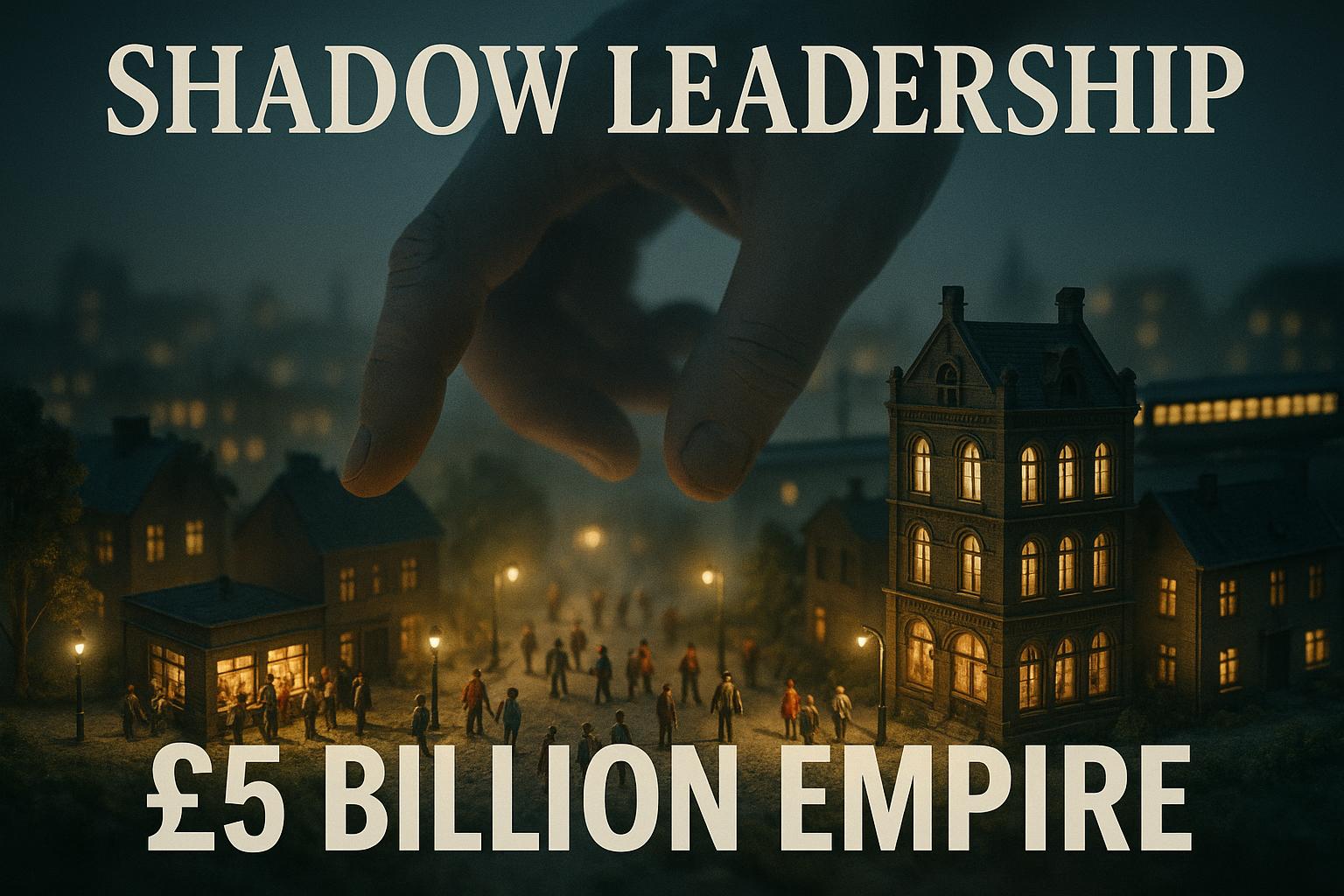Kevin Rountree, the unassuming chief executive officer of Games Workshop, has quietly transformed the once niche hobby company into a £5 billion powerhouse within the UK's blue-chip firms. Rountree, who joined Games Workshop in 1998 and took the helm a decade ago, maintains a notably low profile, choosing to avoid publicity and social media. According to insiders, his focus remains firmly on the collective success of the company and its employees rather than personal acclaim. This approach contrasts with many FTSE 100 companies that have shifted to online-only annual meetings, which critics argue undermines shareholder democracy. Rountree’s preference for engaging face-to-face with shareholders exemplifies a commitment to transparency and community engagement, a factor that has helped Games Workshop flourish.
Under Rountree’s leadership, the company has witnessed remarkable growth. Most recently, Games Workshop posted profits of £263 million, up from £203 million the previous year, with revenues reaching an impressive £618 million—an increase of nearly 20%. The firm shares its success generously with staff, disbursing a £20 million bonus pot averaging £6,000 per employee, while Rountree himself received a substantial one-off payment of £2.2 million, structured in shares to incentivise continued performance. The firm plans to expand aggressively, with 134 UK stores currently and ambitions to open 35 new outlets internationally by next summer, including its first in South Korea.
The company’s growth trajectory has been bolstered by a surge in sales, particularly during the COVID-19 pandemic when physical stores were often closed. In the six months leading up to November 2021, Games Workshop saw a 26% increase in sales to a record £186.8 million despite widespread shop closures. Online sales soared by 90% in this period, highlighting a shift in consumer behaviour and the company’s efficient adaptation to digital channels. The Warhammer community website attracted 4.7 million users, a testament to the brand's loyal and growing fanbase. Rountree acknowledged the vital role of this community, attributing sustained profitable growth over five years to their enthusiastic support.
Games Workshop’s financial revival has been striking. Annual reports reveal a near doubling of pre-tax profits from £38.4 million to £74.5 million, alongside revenue growth from £158 million to £220 million. Its share price surged by nearly 150%. Rountree’s optimistic outlook reflects a belief that both the company’s business model and the Warhammer hobby itself are in the healthiest shape they have been for years, signalling further growth potential.
Beyond its core miniatures market, Games Workshop has diversified into lucrative licensing deals, which extend its Warhammer intellectual property into video games, television, and films. This strategic expansion includes a major partnership with Amazon Prime to develop Warhammer TV series starring Henry Cavill, known for his role as Superman. Additionally, the release of the video game ‘Space Marine II’ has reignited interest in the brand’s miniatures, strengthening its multi-platform presence.
The enduring popularity of Warhammer 40,000—a science fantasy tabletop game—remains central to Games Workshop’s success. Despite the dominance of online and console gaming, Warhammer thrives on the tactile and social aspects of miniature painting and physical gameplay, appealing to dedicated communities who value the immersive, hands-on nature of the experience. Spin-off novels and richly developed lore continue to build the universe’s appeal, cementing its place as a cultural phenomenon beyond just gaming.
While Games Workshop benefits from this wave of success, the broader UK games industry has faced challenges. Notably, the UK’s Competition and Markets Authority blocked Microsoft’s $69 billion acquisition of Activision Blizzard, fearing it would stifle innovation and reduce market choice—a move supported by industry figures including Games Workshop co-founder Sir Ian Livingstone.
Games Workshop’s rise demonstrates how a firm rooted in traditional, analogue hobby culture has embraced modern digital strategies and media extensions, guided by a leadership style that prioritises collective achievement and community connection. Under Kevin Rountree, the company exemplifies a dynamic blend of respect for its heritage and an ambitious embrace of global expansion and innovation.
📌 Reference Map:
- Paragraph 1 – [1]
- Paragraph 2 – [1], [4]
- Paragraph 3 – [2]
- Paragraph 4 – [3]
- Paragraph 5 – [4]
- Paragraph 6 – [5]
- Paragraph 7 – [6]
- Paragraph 8 – [1], [2], [4], [5]
Source: Noah Wire Services
